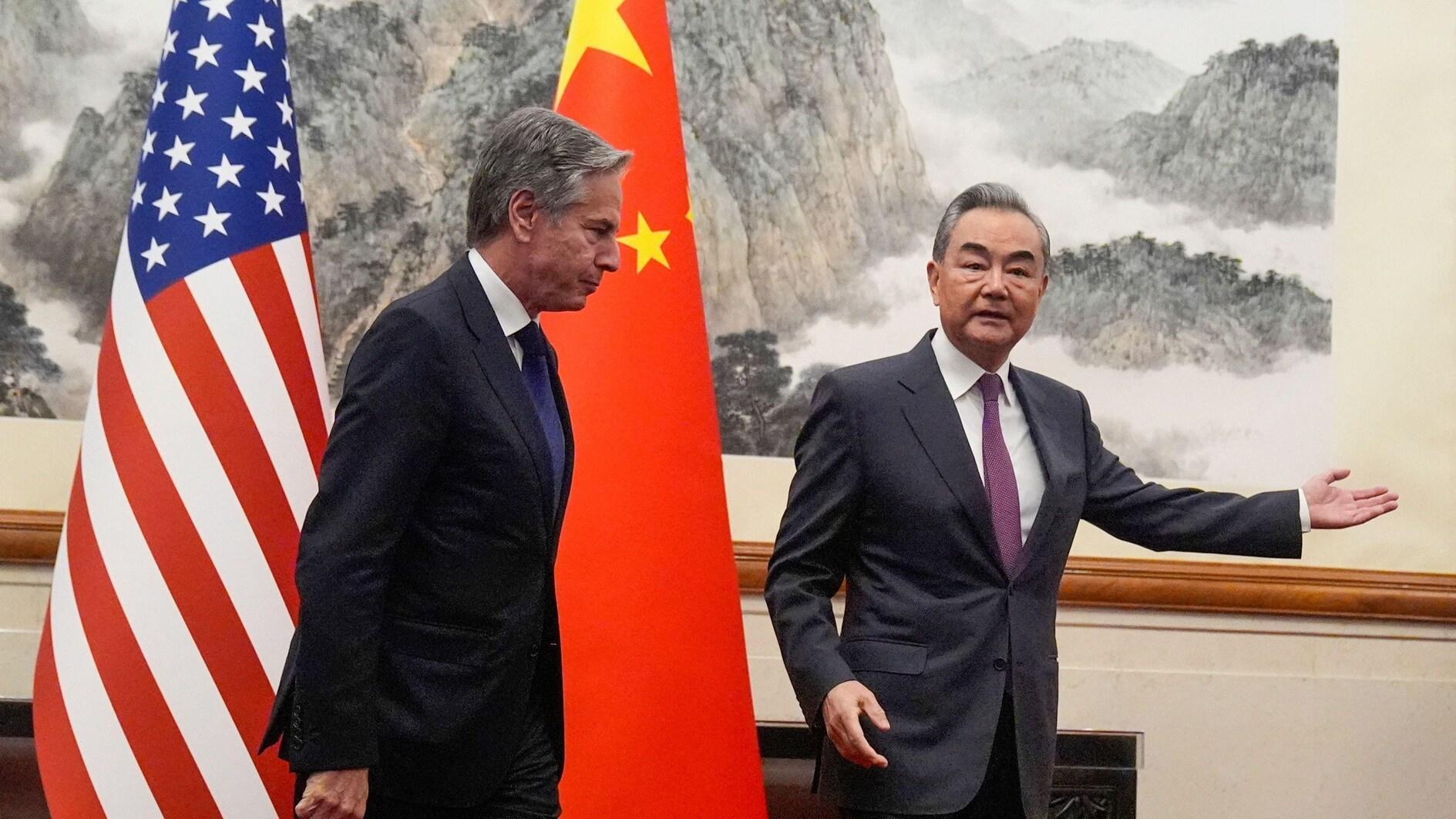For ISIL Dabiq means the end of the world
A statement by the Turkish military on the morning of Oct. 3 said 15 members of the Free Syrian Army (FSA) had been killed by the Islamic State of Iraq and the Levant (ISIL) while on their way to take the Syrian town of Dabiq from ISIL occupation.
The FSA had launched this major operation against ISIL on Aug. 24 under the logistical support and air and artillery cover of the Turkish military.
Only a few hours before the Turkish military statement on the night of Oct. 2, Brett McGurk, the anti-ISIL coordinator of U.S. President Barack Obama, said on his official Twitter account that the U.S.-led coalition against ISIL would give full support to the Turkey-backed rebel group to take the strategically important town.
The strategic importance of Dabiq is largely due to its historical and theological meaning, thus carrying profound ideological meaning for ISIL.
It is no coincidence that ISIL’s official publication is called “Dabiq.” In Islamic eschatology, it is the place where the armies of Muslims led by the Mahdi (the Messiah) will fight against the “Roman” (or non-Muslim) armies led by the Daccal (anti-Christ or false Mahdi) just before the apocalypse.
For ISIL, Dabiq is a sacred place. Many hardcore believers would rather be killed there than anywhere else.
In fact, Dabiq also has a particular importance for Turkish history and Turkish-Arab relations.
On Aug. 24, 1516, exactly 500 years ago to the day before the FSA’s Turkey-backed operation started, the Ottoman Sultan Selim I defeated the Egyptian Caliph Kansu Gavri (also of Turkic, Mameluke origin) in the Battle of the Merji Dabiq (Dabiq Meadows). That victory opened up the Arab region to Ottoman conquest and eventually led to the caliphate passing into the hands of the Ottomans.
The McGurk statement came after his visit to Ankara last week, together with a ranking American delegation of diplomats, soldiers and intelligence officers.
The Dabiq assault will be the first major joint air-land operation of the U.S.-led coalition on a major target in the Syrian theater against ISIL, based on Turkish-U.S. cooperation. It is interesting that it is taking place at a time when the two NATO allies openly disagree over their alliances in Syria. The U.S. collaborates with the People’s Protection Units (YPG) as a ground force against ISIL in the east of Syria. However, Ankara strongly objects to that collaboration. Turkish President Tayyip Erdoğan continues to argue that the YPG is merely the Syrian branch of the outlawed Kurdistan Workers’ Party (PKK), which carries out acts of terrorism against Turkey and which is also recognized as a terrorist group by Washington.
Erdoğan recently called on the U.S. to abandon the YPG and cooperate with Turkey to clear ISIL from its Syria stronghold Raqqa.
If it succeeds, the Dabiq operation could be a test for future joint U.S.-Turkish operations against ISIL in both Syria and Iraq.











